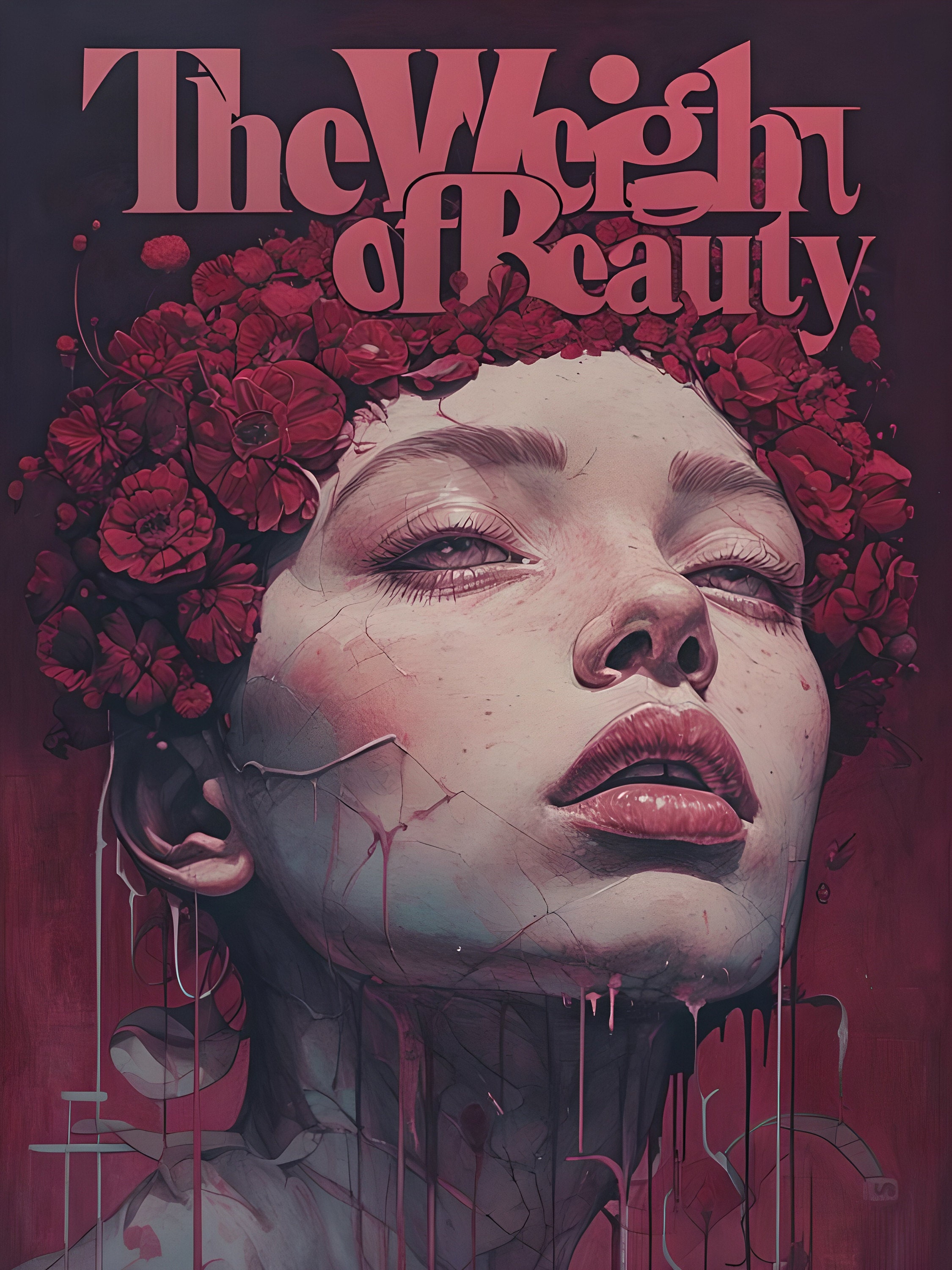You know that feeling when you scroll through Instagram and see endless images of perfectly styled outfits, flawless skin, and what seems like a never-ending list of beauty products? It can be overwhelming. According to a study by the American Psychological Association, nearly 80% of women feel unhappy with their appearance—wow, right? This statistic really got me thinking. The pressure to fit a certain mold can be suffocating, and beauty, as we often define it, feels more like an impossible weight to carry than a joy to embrace.
#### Defining Beauty
Beauty is one of those things that can feel so personal yet so influenced by the world around us. What’s considered beautiful changes depending on where you are and when you live. I mean, just look back at fashion trends from the 90s versus today—what was once celebrated can quickly become outdated. And don’t get me started on social media! While it has given a platform to some inspiring voices, it often pushes this narrow definition of beauty that can leave many of us feeling inadequate. Let's not forget that beauty is subjective, too! What makes one person light up may not even register with someone else. This diversity is so special, but it can also lead us to question our own worth based on someone else's definition.
#### The Pressure of Beauty
Have you ever felt that tug to look a certain way because everyone else seems to be doing it? That pressure can be intense. From makeup tutorials to the latest fitness fads, it sometimes seems like there’s no end to what we should do to fit an ideal. The beauty industry is booming, with estimates suggesting it will reach $805 billion by 2023. That’s a lot of money spent in pursuit of what society often deems “acceptable.” On a personal note, it’s hard not to compare myself to others, whether it’s friends or influencers. Sometimes, those comparisons can lead to feelings of inadequacy or frustration—why can’t I just look like them? This constant comparison game can leave us feeling more isolated than ever, even though we’re more “connected” through our screens.
#### Psychological and Emotional Implications
The emotional fallout from these beauty pressures is real. Studies show that people who feel they don’t measure up to societal beauty standards often struggle with their self-esteem. I can relate; sometimes, I catch myself feeling down about how I look and it really affects my mood. It’s interesting (and sad) to think how much our self-worth can be tied up in our appearance, especially when we live in a society that emphasizes looks so heavily. And let's face it, the whole “beauty is power” narrative can be a double-edged sword. On one hand, feeling good in our skin can empower us; on the other, it can lead to fierce competition, where we might feel the need to outshine one another instead of lifting each other up.
#### Redefining Beauty
The good news? There’s a movement happening. More people are beginning to challenge traditional beauty norms and celebrate what makes each of us unique. The body positivity movement has opened doors for many, reminding us that beauty comes in all shapes, sizes, and colors. I love following figures like Lizzo and Ashley Graham because they challenge the status quo and encourage authenticity. So, let’s encourage a shift in how we see beauty. Let’s celebrate not just the flawless moments but the quirks and imperfections that tell our stories. Whether it’s a scar that speaks to our journey or that laugh line earned from a lifetime of smiles, these things are components of our beauty that deserve recognition.
#### Conclusion
As we navigate this complex world of beauty standards, let’s take a step back and reflect on what beauty truly means to us. Rather than feeling weighed down by external expectations, we can embark on a journey of self-acceptance and appreciation for our individuality. In the end, beauty is about being authentic, and that is something we can all embrace. I’d love to hear from you! How do you define beauty in your life? What pressures have you felt, and how do you navigate them? Let’s create a more inclusive dialogue around beauty and celebrate all its forms together.
Constantina Constantinou
